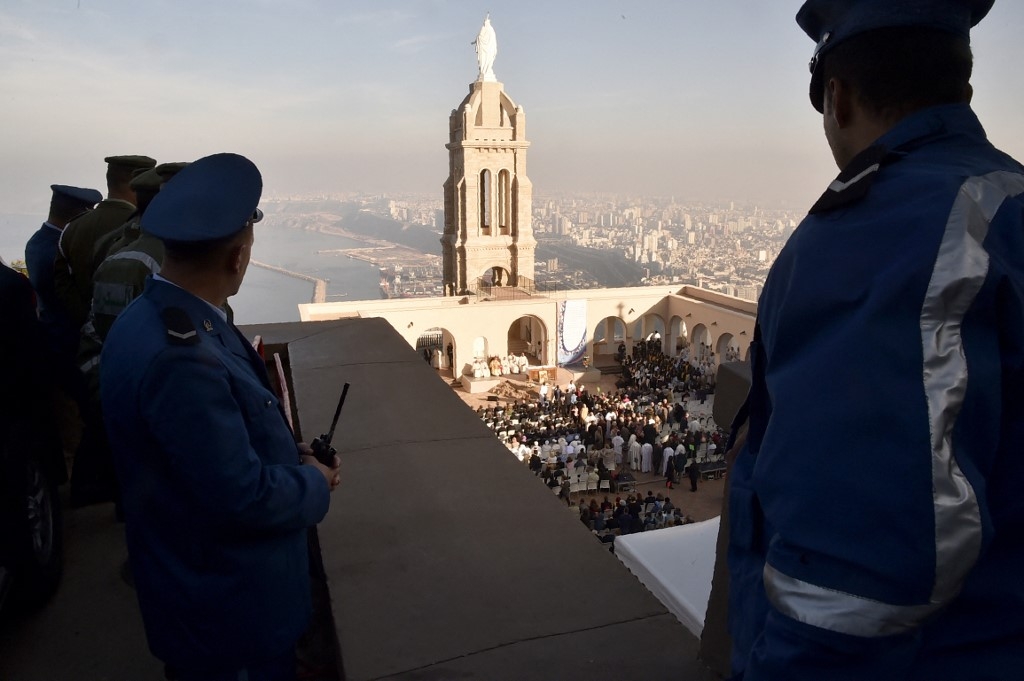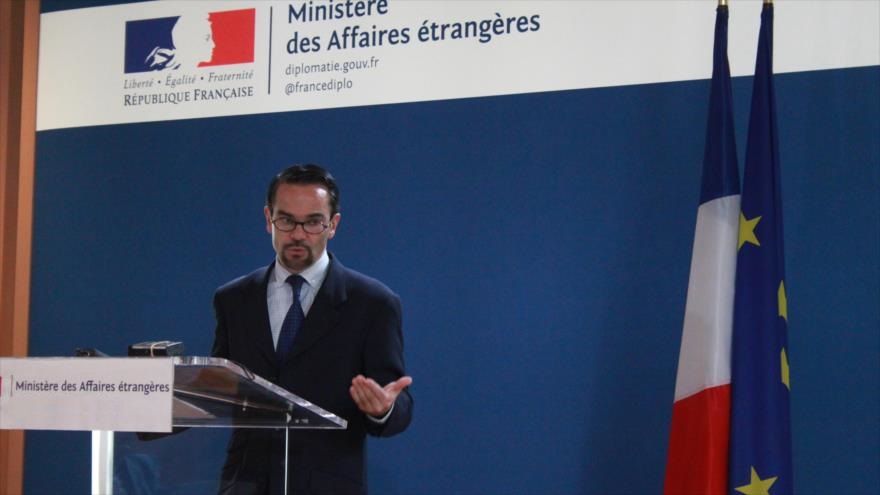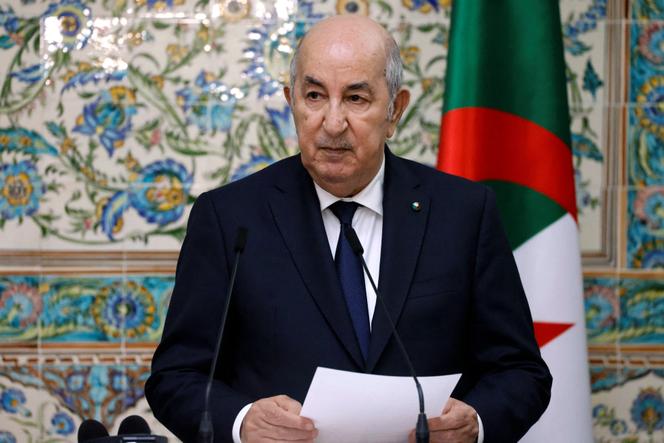The U.S. government has denounced the harassment and prosecution endured by religious minorities in Algeria, which continues to be included in the U.S. special Watch List of countries engaging or tolerating severe violations of religious freedom.
In its latest annual report on international religious freedom, the U.S. State Department said Algerian authorities prosecuted last year individuals for “offenses” related to their religious identity or the practice of their beliefs. The Algerian regime also continued to prevent religious minorities from establishing houses of worship and forcibly closed dozens of Protestant churches, said the report.
In 2023, several Ahmadi Muslims in Algeria faced charges ranging from blasphemy to illegal fundraising. Christians also suffered from restrictions and religious intolerance, added the report, citing cases of abuses involving violence, detention, mass resettlement, discrimination and violation of freedom of religious belief and expression.
In November, an Algerian court sentenced five members of the Tizi Ghenif church to three years in prison and a fine for unauthorized worship and producing religious materials for distribution.
In October, the same court sentenced Pastor Allahoum of the Ouacif church to two months in prison and a fine for opening a place of worship without authorization. Both cases were pending appeal.
Leaders of the Protestant Church of Algeria (EPA) said that six EPA-affiliated churches closed following either direct orders from the government or a decision by church leaders due to significant pressure from authorities. Only three EPA-affiliated churches remained open at the end of the year.
Some Christian leaders and congregants affirmed that non-Muslims faced social pressure for practicing a non-Muslim faith. Some local media outlets occasionally criticized Ahmadi Islam as “sects” or “deviations” from Islam.
Advancing the freedom of religion or belief has been a core objective of U.S. foreign policy ever since Congress passed and enacted the International Religious Freedom Act in 1998.
The U.S. administration stresses the urgent need to end the abuses of religious minority communities, respect their rights and places of worship.



